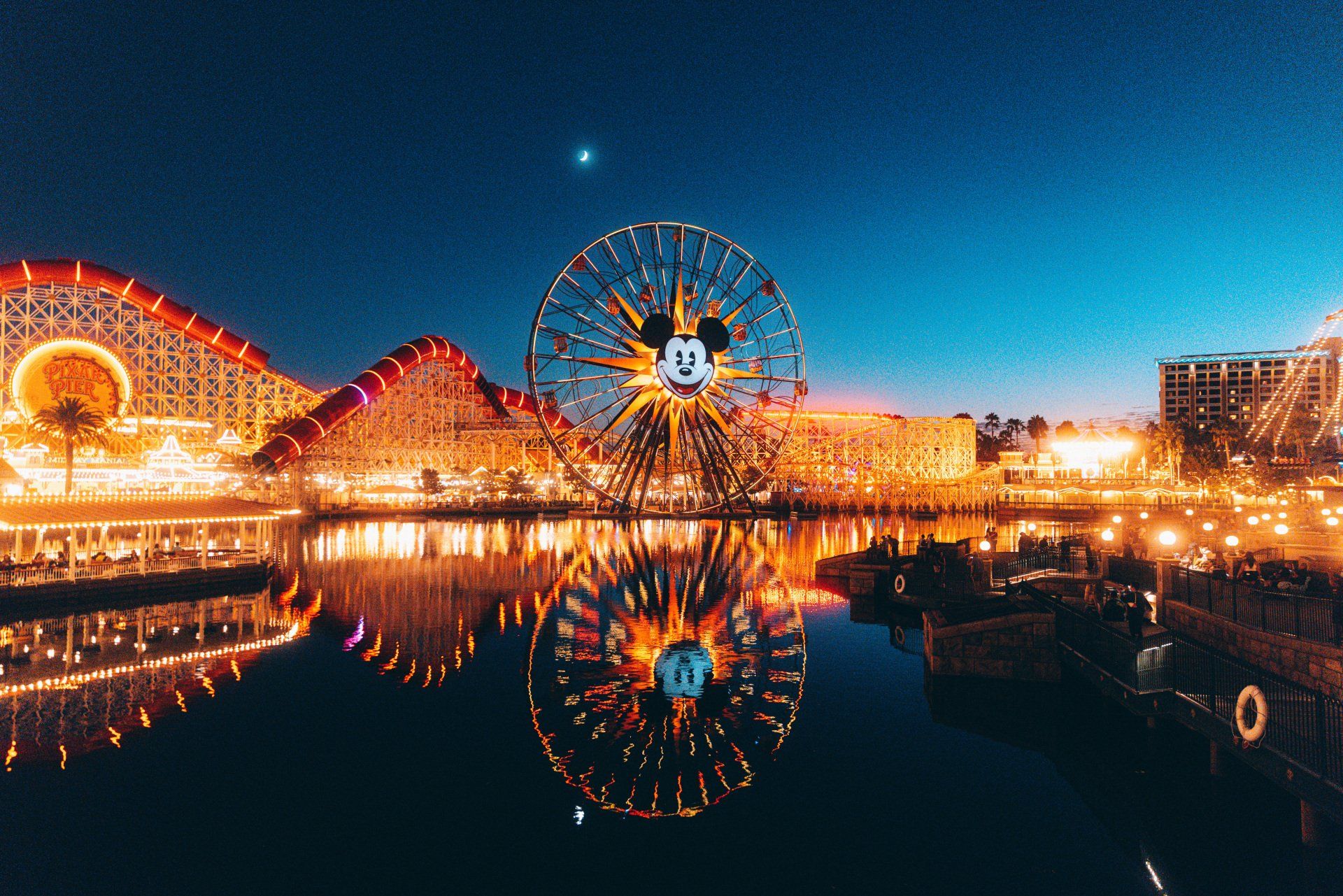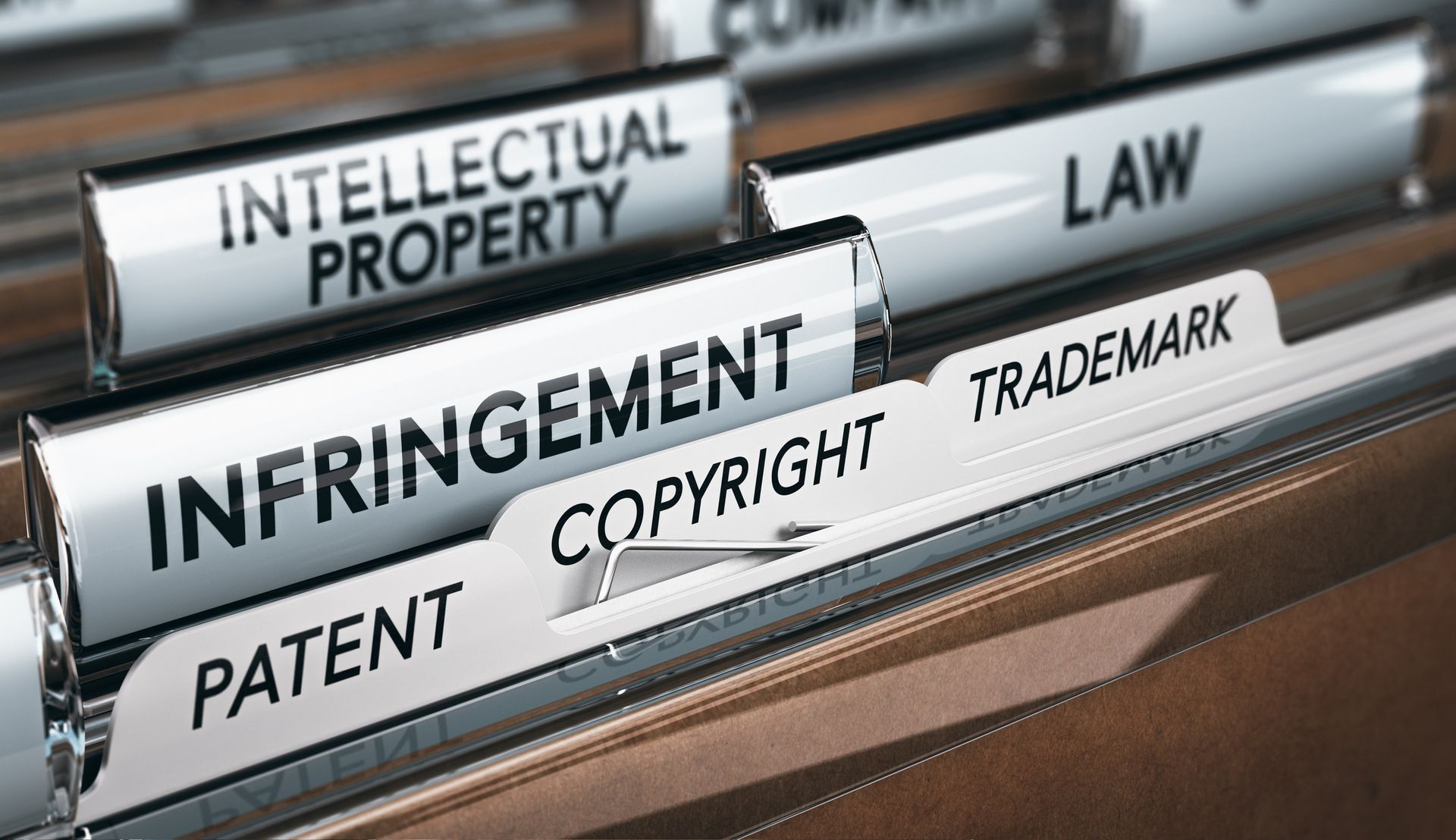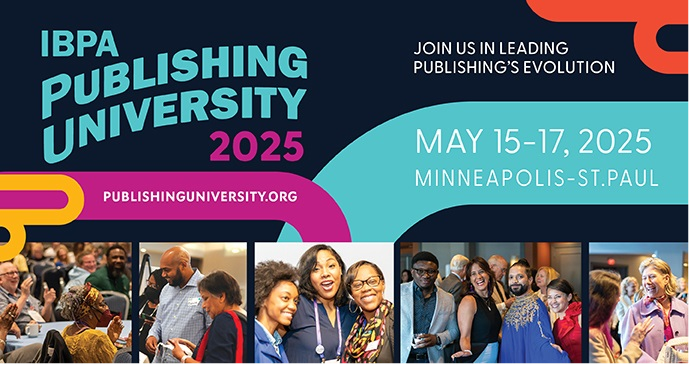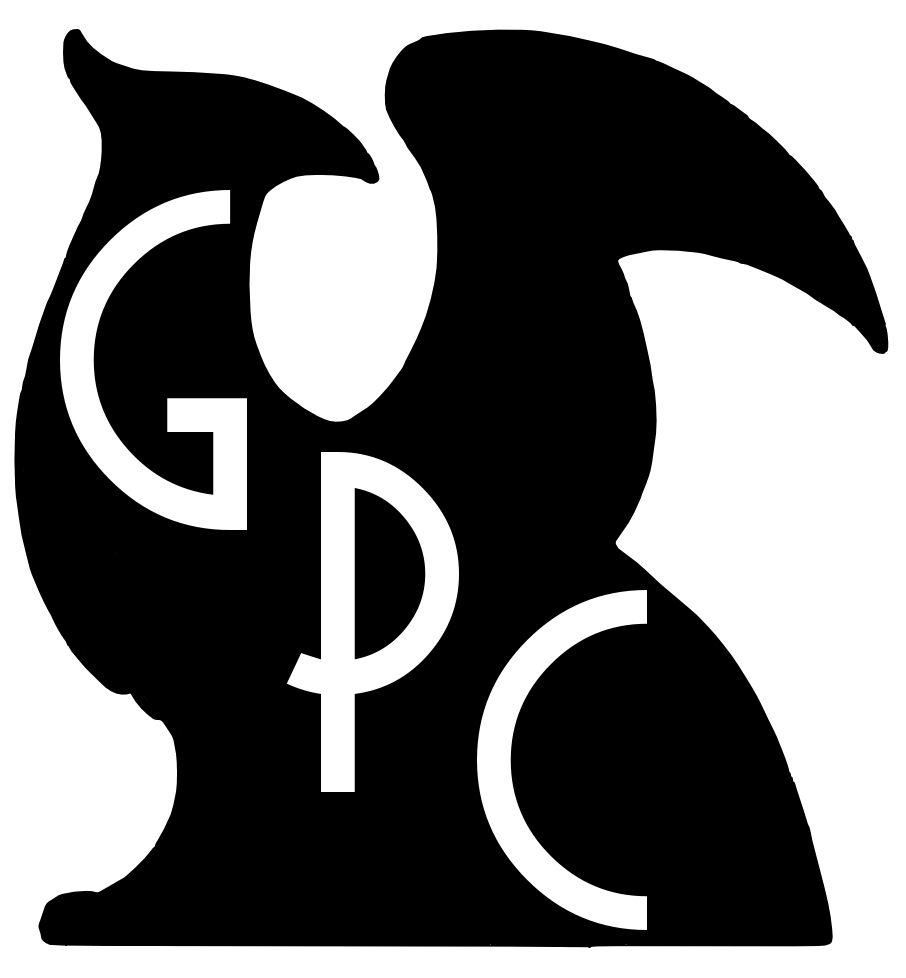Copyright Extension: The Mickey Mouse Problem

In 2019, items that had copyright extended in the last amendment to the copyright act will fall into the public domain. This means that if you as a creator wanted to incorporate these works--from poetry to photography, and drawings to songs--into a new work of your own, you would not need permission from the copyright holder to use it.
Interestingly, unless copyright law is amended once more, materials released into the public domain beginning January 1, 2019 will potentially include the first iteration of Disney's iconic character, Mickey Mouse.
So does this mean The Mouse will be loose and FREE to use and re-use*?!
Well, almost...
The Sonny Bono Copyright Term Extension Act of 1998 (or the "Mickey Mouse Protection Act" as it is sometimes called) added 20 years to existing copyright protections for works already registered (or renewed) for copyright. There was no need for a copyright holder to re-register the work as extension was automatic to the term we observe today: the life of the author plus 70 years, or 95 years after first publication for an item created for a company or corporation (or 120 years after creation).
It's important to remember that copyright exists to protect original works of authorship so that those authors may benefit from their creation (and the potential uses for derivatives of those works). It was not meant to be a right that could be held forever, and guidelines such as Fair Use also exist to assist creators with guidelines for generally-acceptable re-uses of material without permission from the original creator.
Understandably, any large corporation like Disney would be most interested in protecting its keystone properties (like Mickey Mouse) so that they may continue to grow their business for years to come. So this is where trademark law comes in, and how corporations may be able to continue to protect their intellectual property IF a further extension of copyright law is not legislated soon (and you can be sure that Disney et al will probably lobby for another extension beginning in 2018).
Trademarks can be renewed pretty much indefinitely. They are designed to protect a business' commercial brand or identity from unauthorized or confusing usage. As a key figure in the Disney pantheon, Mickey (and reflections of The Mouse from the ears and silhouettes) would be something that the company would be most interested in protecting from such unauthorized use.
Indeed, copyright AND trademark law together make for very sound protection for a logo, symbol, or other icon, but trademark law is certainly nothing to sneeze at on its own. You can be sure that Disney would not allow any trademarks on The Mouse to ride off into the sunset anytime soon.
The forthcoming expiration of copyright on a wealth of materials is coming, however, and it will be interesting to see whether corporations lead the charge to change the law once again.
*In actuality, the mouse won't be in the public domain until January 1, 2024, as the first "Steamboat Willie" cartoon was released in 1928, and as a corporate creation, copyright protection extends until the end of December of the year 95 years from creation or 1928 + 95 = 2023, so in January of 2024.



